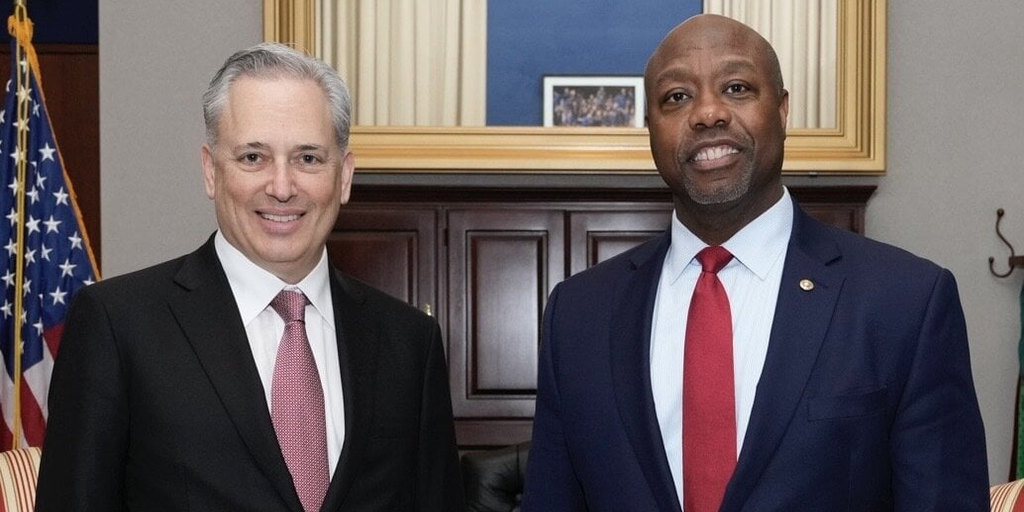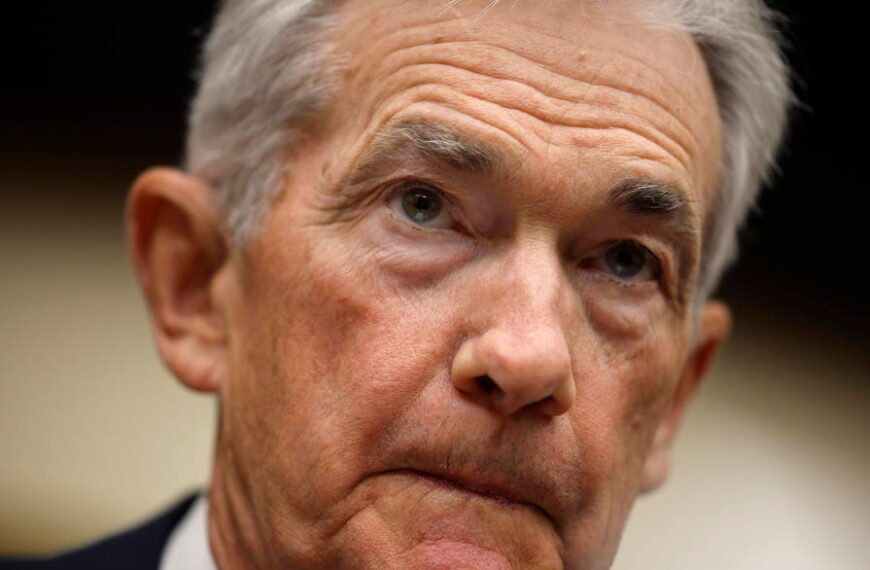Crypto Czar David Sacks Says U.S. Can HODL Bitcoin Ahead of White House Summit
Introduction to Bitcoin’s Strategic Importance
In the ever-evolving landscape of cryptocurrency, Bitcoin continues to ignite discussions among policymakers, investors, and thought leaders. Recently, David Sacks, a prominent figure in the crypto community and a well-known venture capitalist, echoed sentiments reminiscent of former President Donald Trump’s initial vision for a “strategic Bitcoin stockpile.” As the U.S. approaches a critical summit at the White House, Sacks’ observations hold significant implications for the future of Bitcoin in the American economic framework.
Understanding the Concept of HODLing Bitcoin
Before delving into the implications of Sacks’ statements, it’s essential to understand the term **HODL**, which has become a mantra among cryptocurrency enthusiasts.
HODL originated from a misspelled online post in 2013, where a trader declared, “I am HODLing,” indicating a decision to hold onto their Bitcoin despite market volatility. Over time, it has evolved into a philosophy advocating for long-term investment in cryptocurrencies rather than short-term trading.
The Strategic Vision for Bitcoin
David Sacks’ observation regarding the United States’ potential to HODL Bitcoin is not merely about holding assets but about creating a strategic framework that aligns with national interests. Here are some key points to consider:
David Sacks’ Perspective on Cryptocurrency Regulation
As a vocal advocate for responsible cryptocurrency usage, Sacks emphasizes the need for clear regulations within the crypto space. His insights suggest that the U.S. government should take a proactive approach to regulate cryptocurrencies, ensuring both innovation and security.
Why Regulation Matters:
- Establishing consumer protection measures.
- Encouraging institutional investment.
- Preventing illicit activities associated with cryptocurrencies.
Sacks believes that a well-structured regulatory environment can foster innovation while safeguarding the interests of investors and the broader economy.
The Historical Context of Bitcoin in U.S. Policy
Reflecting on historical perspectives, former President Trump’s vision of a strategic Bitcoin stockpile aligns with the growing recognition of Bitcoin as a legitimate financial asset. The idea of treating Bitcoin as a strategic resource could lead to significant policy shifts.
Some historical milestones include:
These developments have sparked a national dialogue about the role of Bitcoin in the U.S. economy, and Sacks’ recent comments further fuel this conversation.
Implications of a U.S. Bitcoin Stockpile
The prospect of the United States holding Bitcoin as a strategic asset has several implications:
1. Economic Stability
As global economies continue to grapple with uncertainties, the U.S. Bitcoin stockpile could serve as a stabilizing force. Holding Bitcoin may allow the government to leverage this asset in times of economic distress, potentially offsetting losses in traditional markets.
2. Innovation in Financial Technology
A federal endorsement of Bitcoin could catalyze innovation in financial technology. By creating a supportive environment, the U.S. could attract talent and resources dedicated to developing blockchain and cryptocurrency solutions.
3. Strengthening National Security
In an increasingly digital world, securing the U.S. financial infrastructure is paramount. By investing in Bitcoin, the government may enhance its ability to respond to cyber threats and maintain national security.
Challenges Ahead for Bitcoin Adoption
While the vision of a strategic Bitcoin stockpile is tantalizing, several challenges loom on the horizon:
The Road Ahead: Preparing for the White House Summit
As the White House summit approaches, the discussions surrounding Sacks’ observations and the potential for a U.S. Bitcoin stockpile will become increasingly relevant. The summit presents an opportunity for leaders to deliberate on the future of cryptocurrency and its role in the national economy.
Key Takeaways for the Summit:
- Encourage open dialogue about cryptocurrency regulation.
- Explore the feasibility of a strategic Bitcoin stockpile.
- Foster collaboration between government, technology, and financial sectors.
Conclusion
David Sacks’ insights into the possibility of the U.S. HODLing Bitcoin ahead of the White House summit reflect a growing acknowledgment of cryptocurrency’s vital role in modern finance. As discussions progress, the potential for a strategic Bitcoin stockpile could reshape U.S. economic policy, positioning the nation at the forefront of the digital currency revolution.
The implications of such a move could be far-reaching, offering economic stability, fostering innovation, and strengthening national security. As we move forward, it remains crucial for stakeholders to engage in constructive dialogue that promotes a balanced approach to cryptocurrency regulation and adoption. The future of Bitcoin in the U.S. is bright, but it will require collective effort and strategic foresight to navigate the challenges ahead.





